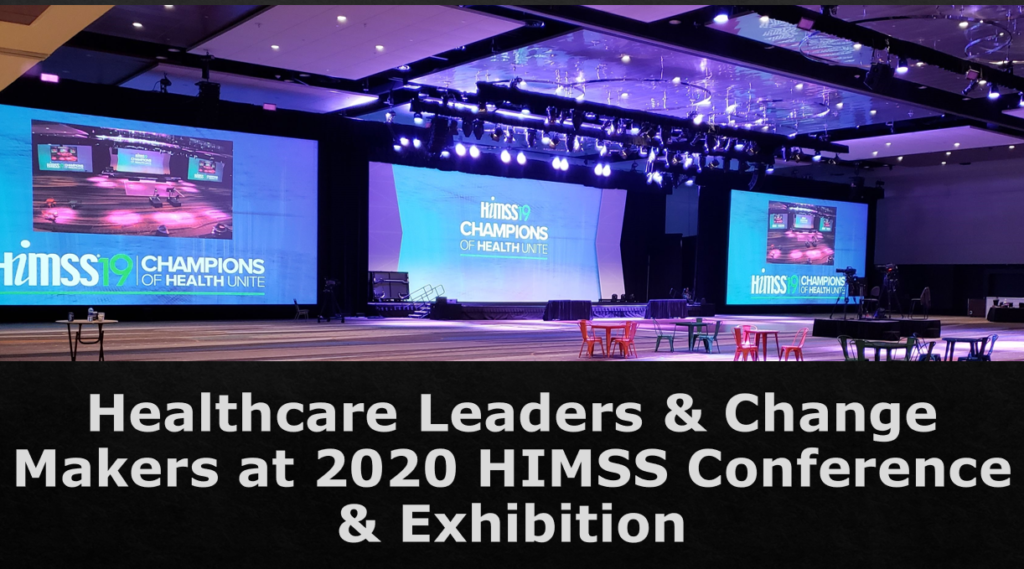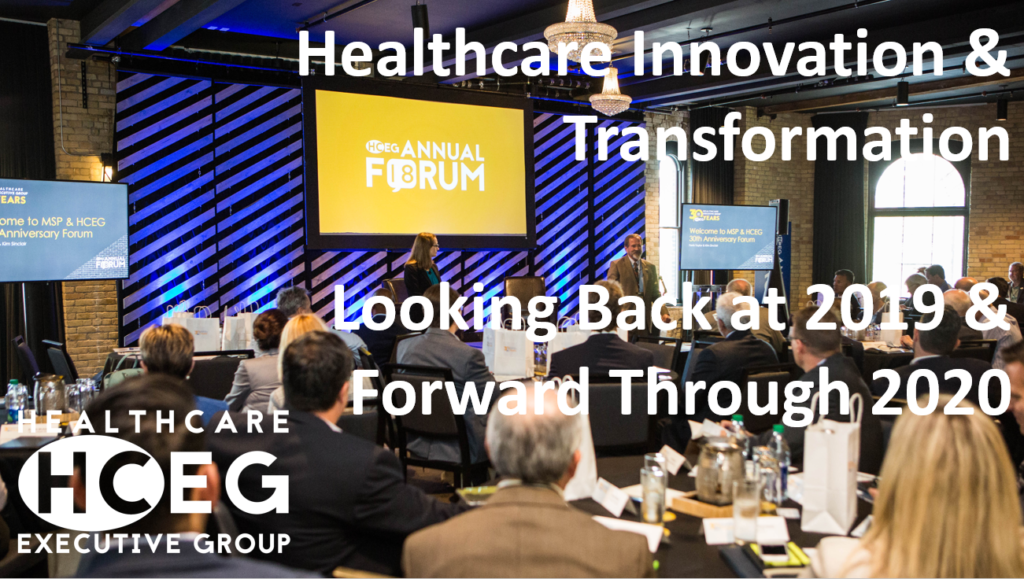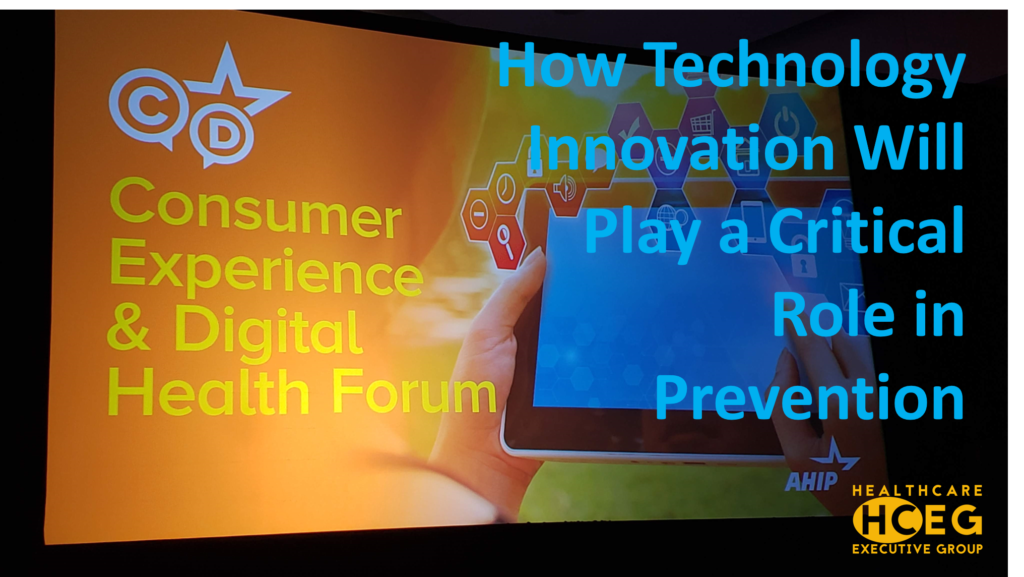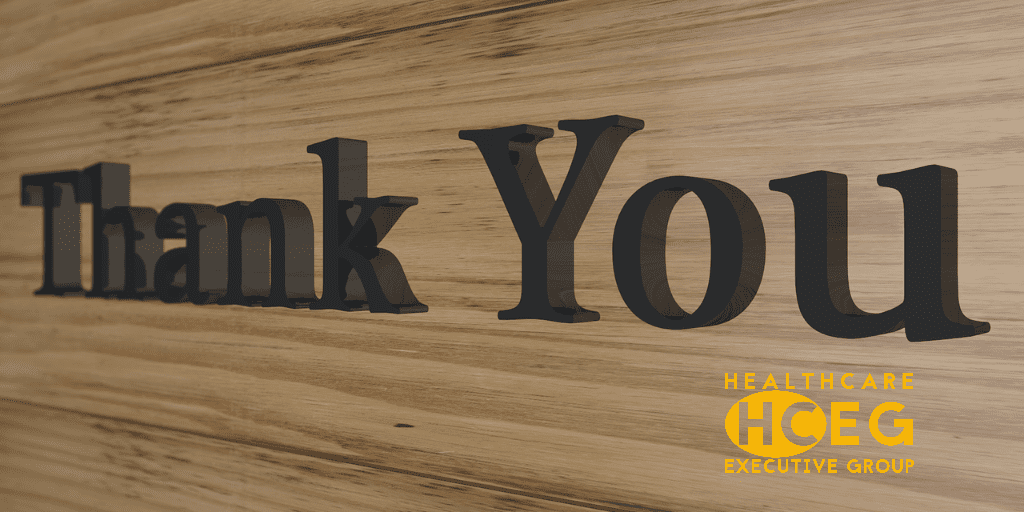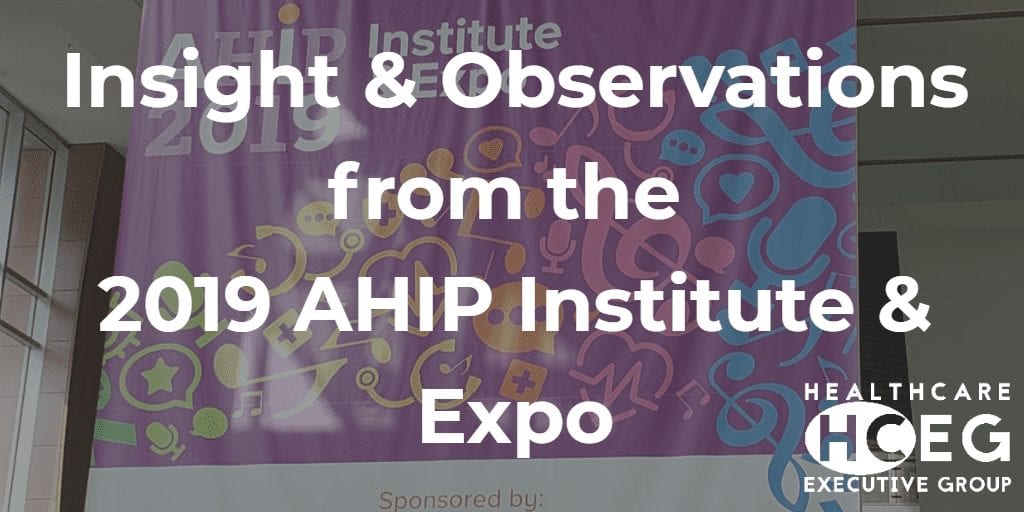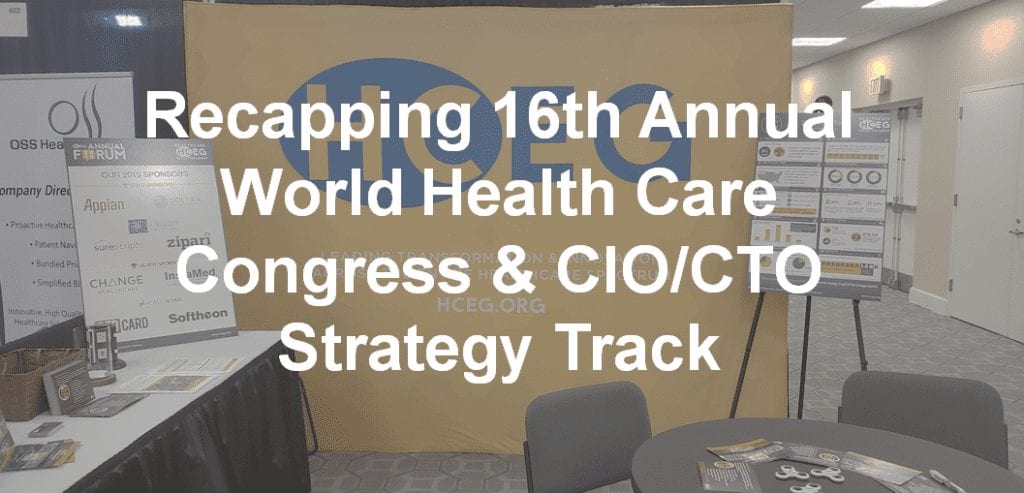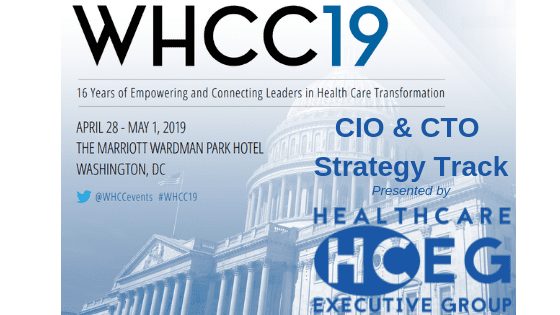Member Eligibility
Payer/Provider Memberships: Candidates are organizations that provide direct insurance benefits (policies, financial, administrative services and other risk-bearing and ASO services) and/or direct health services (medical, dental, vision, etc.) to groups or individuals, either as stand-alone entities or as a subsidiary under a commercial entity.
Individual Membership: Candidates are executives from Payer/Provider Membership eligible organizations.
Alumni Membership: Past HCEG members who are unaffiliated with vendor organizations. Vendors provide products and services to HCEG member candidate organizations to better serve individuals.
For information on becoming an HCEG sponsor, see this information and/or contact us.
